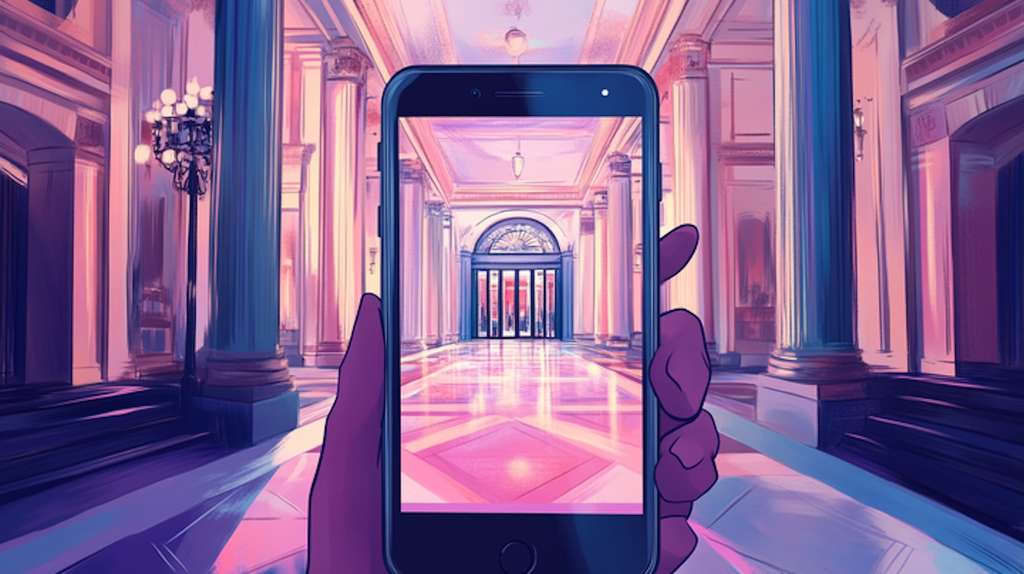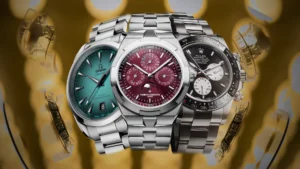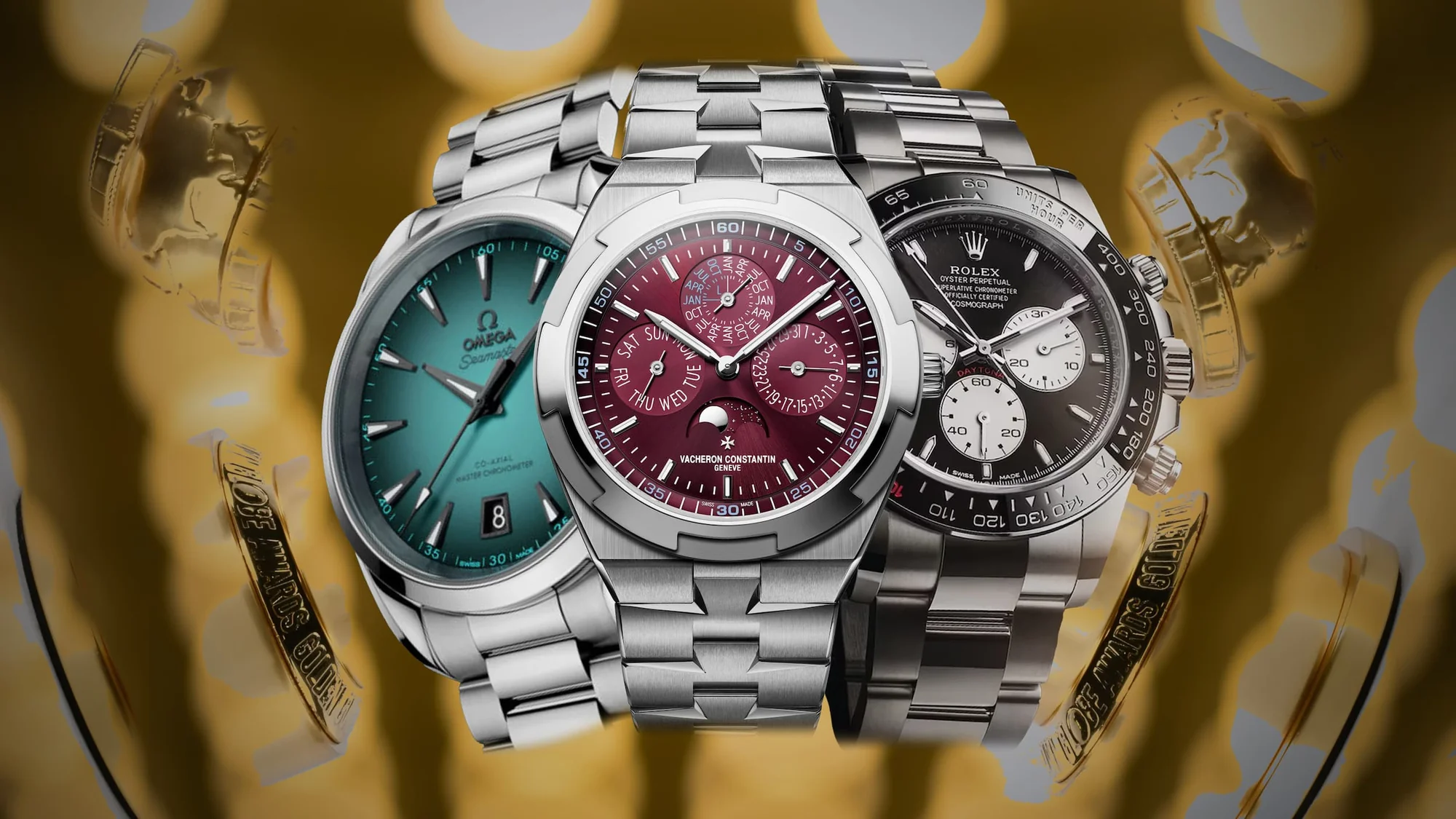The luxury hospitality industry is undergoing a major transformation, shifting from a focus on high-end amenities to prioritizing personalized, experience-driven service. This shift is driven by the demand from Millennial and Gen Z travelers for unique and meaningful travel experiences. While luxury fixtures and fittings once defined high-end hotels, modern travelers now seek more intangible value—authentic service and one-on-one relationships that go beyond surface-level opulence.
At the core of this transformation is the need for hoteliers to justify high rates by providing a distinctive level of service. Increasingly, luxury hotels are blending digital and in-person interactions to create seamless, customizable experiences. Technology, while essential, is not the end goal but a tool that enhances personalization. For example, advanced guest profiling and quick response channels like WhatsApp allow staff to offer tailored services in real-time, enhancing guest loyalty and satisfaction.
Luxury hotel operators are now redefining success by focusing on metrics that reflect the quality of the guest experience, like Net Promoter Score (NPS) and Customer Lifetime Value (CLV), rather than solely relying on financial metrics. By emphasizing guest satisfaction and relationship-building, hotels aim to stand out in a competitive market where guests increasingly choose properties based on the value of the experience over physical amenities. This focus on experiential luxury is helping hoteliers cultivate loyalty and increase revenue, underscoring a significant evolution in what defines luxury hospitality today.










